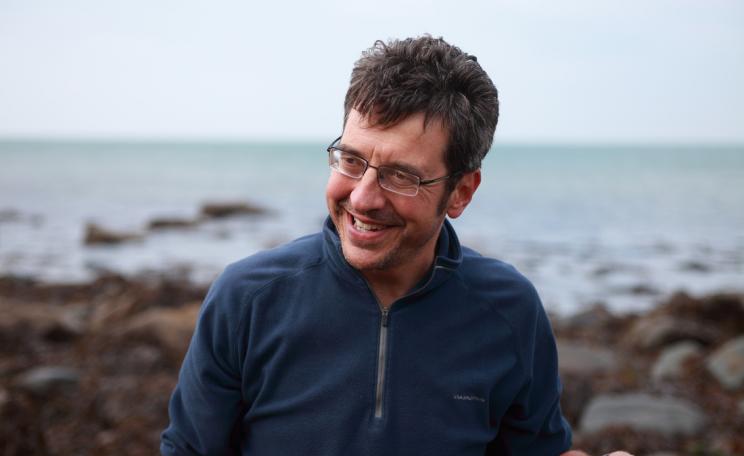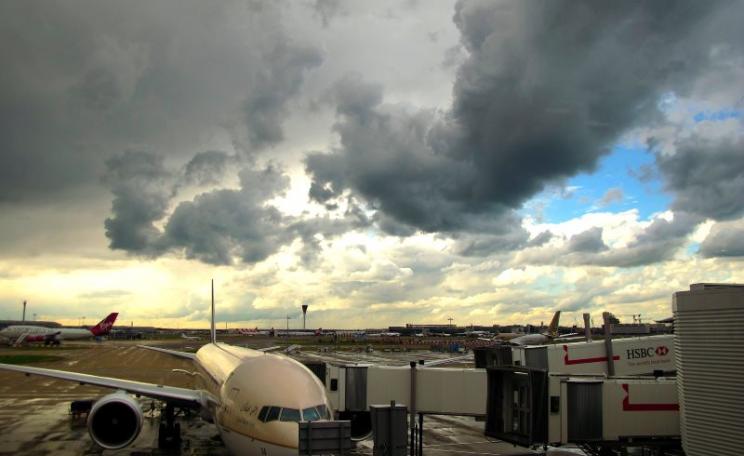All affected people should be informed about the project with enough time to fully participate in consultations on decision making.
China General Nuclear Power Group (CGN), a Chinese state-owned energy corporation, and Électricité de France (EDF), are seeking to build a new nuclear power plant in Bradwell-on-Sea, opposite Blackwater Estuary Natural Nature Reserve on the Essex coast.
A statement released by JAN (Japanese Against Nuclear) UK stated: "The companies cancelled two-thirds of the planned public consultation events due to the Covid-19 pandemic. But the pandemic should not be used to avoid the legal requirement of public engagement.
Complete the Ecologist's 2020 Reader Survey.
"The consultation process should be postponed and resumed when the lockdown is fully lifted and followed to its full extent."
Danger
JAN UK argue that it is alarming that the scope of the public consultation is in any case limited to areas immediately surrounding the construction site and excludes areas which are potentially severely affected by this new nuclear power plant.
Given the nature of the project, the right to participate in consultation should be given to the citizens of a much wider area.
The narrow consultation process ignores the fact that a nuclear power plant is not simply a construction project: once it is built, it becomes potentially life-threatening for a much wider area, particularly in the event of radiation leakage.
This matter not only affects the towns in the immediate vicinity of the site (such as West Mersea, a popular summer destination renowned for its nature and beach), but also larger cities such as Colchester and Chelmsford in Essex, and London. The current consultation process excludes people who are potentially affected and should be amended.
There were 189 official reports of nuclear power plant accidents in 2019. During the disaster in Fukushima, the UK Embassy in Japan ordered the evacuation of all UK citizens within a 50mile/80 km radius from the plant. This indicates the distance the British Government regards as falling within the range of “potentially affected people” in nuclear power plant projects.
Decision-making
The UK Government has an obligation to respect the public’s right to information under the International Covenant on Civil and Political Rights (ICCPR) as well as the Convention on Access to Information, Public Participation in Decision-making and Access to Justice.
In such a project, which will have a grave environmental, social and human impacts, free prior and informed consent of all potentially affected people should be guaranteed.
Firstly, all affected people should be informed about the project with enough time to fully participate in consultations on decision making. This is not happening in the Bradwell B consultation.
All affected people should be informed about the project with enough time to fully participate in consultations on decision making.
Furthermore, information provided should be clear (easy to understand), inclusive and accessible to all people without discrimination and made available in a variety of formats, mediums and languages, in order to fully comply with the Equality Act 2010 including, vitally, face-to-face consultations so as to ensure those without access to the internet are not excluded.
People should be informed of all aspects of the project including safety and security as well as the cost of the project and legal rights to freedom of information should be fully respected following the principles of: (a) maximum disclosure; (b) obligation to publish; (c) promotion of open government; (d) limited scope of exceptions; (e) processes to facilitate access; and (f) disclosure taking precedence. Finally, all information should be provided in ways that are understandable to a non-technical public.
Rights
The right to information is essential to protect other human rights such as the right to life, including when making decisions that might put the public in danger or that affect life expectancy (Article 2 of the Human Rights Act), the right to health and the right to a clean environment.
The Covid-19 pandemic has reduced the opportunity for the public to fully engage with and respond to such an important issue as building a new nuclear power plant; and some of the information vital to forming a judgement is inaccessible to the public.
JAN UK continued: "This is undemocratic and we therefore ask for the resumption of a full public consultation after the lockdown is fully lifted, including people from the wider area and not limited to those around Bradwell."
This Article
This article is based on a press release from JAN (Japanese Against Nuclear) UK.







